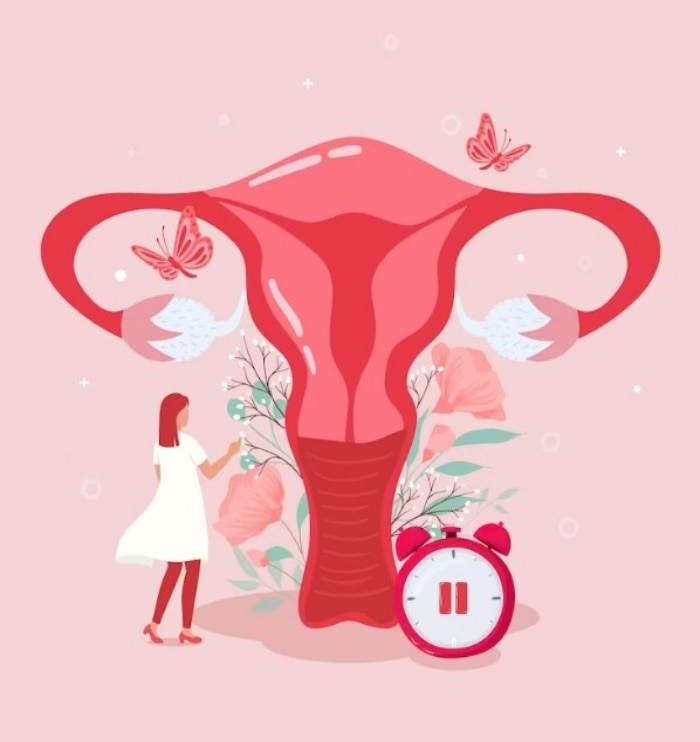Perimenopause: The name itself is a clue as to what it means. Perimenopause: It definitely has something to do with menopause, right? Yes it is. Perimenopause means that it refers to “around menopause.”
Perimenopause: The name itself is a clue as to what it means. Perimenopause: It definitely has something to do with menopause, right? Yes it is. Perimenopause means that it refers to “around menopause,” during which the body makes the natural transition to menopause. It is also known as the menopausal transition. Now, many women are not very aware of this stage of life. The menstrual cycle and the entire journey is different for different women. From start to finish, the women build their own narratives around themselves and come together as a community to share these lived experiences. As a woman ages, the reproductive cycle begins to slow down until it stops. During this journey to menopause, women experience perimenopause at different ages. From your mid-30s to your 40s, the signs begin to appear at any point in life.
Once you have gone 12 consecutive months without a period, you will have officially reached menopause and the period of perimenopause will have ended.
Symptoms of perimenopause:
Irregular periods: As ovulation becomes more unpredictable, the time between periods may be longer or shorter, your flow may be light to heavy, and you may skip some periods. If you have a persistent change of seven days or more in the length of your menstrual cycle, you may be in early perimenopause. If you have a gap of 60 days or more between periods, you are likely in late perimenopause.
Hot flushes: Hot flashes are common during perimenopause. The intensity, duration and frequency vary.
trouble sleeping: Sleep problems are often due to hot flashes or night sweats, but sometimes sleep becomes unpredictable even without them.
Humor changes: Mood swings, irritability, or an increased risk of depression can occur during perimenopause. The cause of these symptoms may be the disruption of sleep associated with hot flashes. Mood swings can also be caused by factors unrelated to the hormonal changes of perimenopause.
Bone loss: With declining estrogen levels, you begin to lose bone faster than you replace it, increasing your risk of osteoporosis, a disease that causes brittle bones.
Change cholesterol levels: According to the Mayo Clinic, decreased estrogen levels can lead to unfavorable changes in blood cholesterol levels, including an increase in low-density lipoprotein (LDL) cholesterol, the “bad” cholesterol, which contributes to an increased risk of heart disease. At the same time, high-density lipoprotein (HDL) cholesterol, the “good” cholesterol, declines in many women as they age, also increasing the risk of heart disease.
In case you experience such things for prolonged periods, it is best to see a doctor who can help you chart a course of action to help manage this stage.
$(document).ready(function(){
$(‘#commentbtn’).on(“click”,function(){
(function(d, s, id) {
var js, fjs = d.getElementsByTagName(s)[0];
if (d.getElementById(id)) return;
js = d.createElement(s); js.id = id;
js.src = “//connect.facebook.net/en_US/all.js#xfbml=1&appId=178196885542208”;
fjs.parentNode.insertBefore(js, fjs);
}(document, ‘script’, ‘facebook-jssdk’));
$(“.cmntbox”).toggle();
});
});
